Many communities, especially in suburban areas, have a homeowners’ association (HOA) or condominium owners’ association (COA). Often times, buyers begin their quest towards home ownership in HOA or COA communities without knowing what being a part of the association entails. Here are some practical tips when considering purchasing an HOA or COA community.
Inform Your Realtor of Your Expectations
Some are strongly opposed to purchasing a home that is part of a homeowners’ association or condominium owners’ association. In that case, the realtor representing the potential buyer should be made aware of that so time is not wasted showing the potential buyer homes in an HOA/COA community. Other potential buyers have no problems with living an HOA/COA community but have a certain dollar amount range they are willing to pay for assessments. Again, discussing this initially with the realtor is helpful because a realtor should have the HOA/COA assessment amount information and can limit the home search to communities with assessments in the buyer’s budget range.
Review the HOA/COA Governing Documents
Many Purchase Agreements contain a Homeowners’ Association/Condominium Owners’ Association Provision clause, which requires a seller to deliver the association’s governing documents to the buyer within a specified amount of time. Moreover, it allows the buyer a specified amount of time to review those documents and to rescind the contract if the buyer is not satisfied with any of those documents. If a Purchase Agreement does not contain one of these clauses, it is important to have an attorney or realtor include one before submitting a formal offer. Once the seller provides the association’s governing documents, they should be thoroughly reviewed. Look at the monthly or annual assessment amount, the common areas and amenities, the rules, regulations and restrictions, and also any design guidelines. For example, if it is important to you to place a perimeter fence around your yard, make sure fences are allowed in the community.
Status Letter and Account Transfer
When a person purchases a property in an HOA/COA community, the title company that is handling the closing should request a status letter from the HOA to make sure that all of the assessments are current and there are no encumbrances on the property. There are also HOA transfer fees that are charged to cover the expenses of the necessary transitioning activities and paperwork from the seller to the buyer. The HOA transfer fee will generally cover the new documentation and paperwork involved in setting up a new homeowner. This transfer fee is typically paid by the seller. Make sure prior to closing that the title company requested and received a status letter and that it initiated the HOA/COA account transfer.
Buying a property in an HOA/COA community can be a great decision, since the primary goal of a community association is creating a desirable community and protecting property values. Knowing about the homeowners’ association or condominium owners’ association and understanding what is required of the owners can help potential buyers to avoid future issues with the HOA or COA. Richter Law is experienced with community association documents and can help you review a community association’s governing documents and answer any of your questions.



